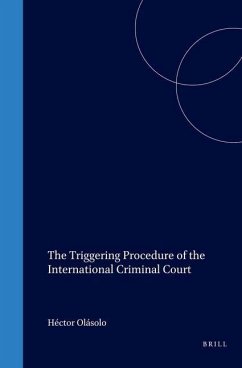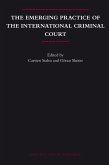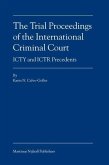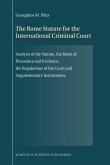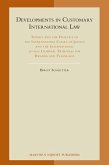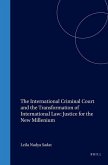The Rome Statute, unlike the statutes of the International Criminal Tribunals for the former Yugoslavia and for Rwanda, creates a permanent court whose dormant jurisdiction covers the territory and includes the nationals of States Parties and is universal in cases where the Security Council makes a referral. Besides, unlike the "ad hoc" tribunals, which have jurisdiction over specific crisis situations whose personal, territorial and temporal parameters have been defined in their respective statutes by the UN Security Council, in the case of the ICC it is not possible to determine a priori in which situations the ICC will be involved. As a result, the most relevant activity of the Court is the determination of those situations regarding which the dormant jurisdiction of the Court will be triggered. The book The Triggering Procedure of the International Criminal Court constitutes the first comprehensive analysis of the proceedings that, prior to any criminal investigation, aim to make such a fundamental determination.

